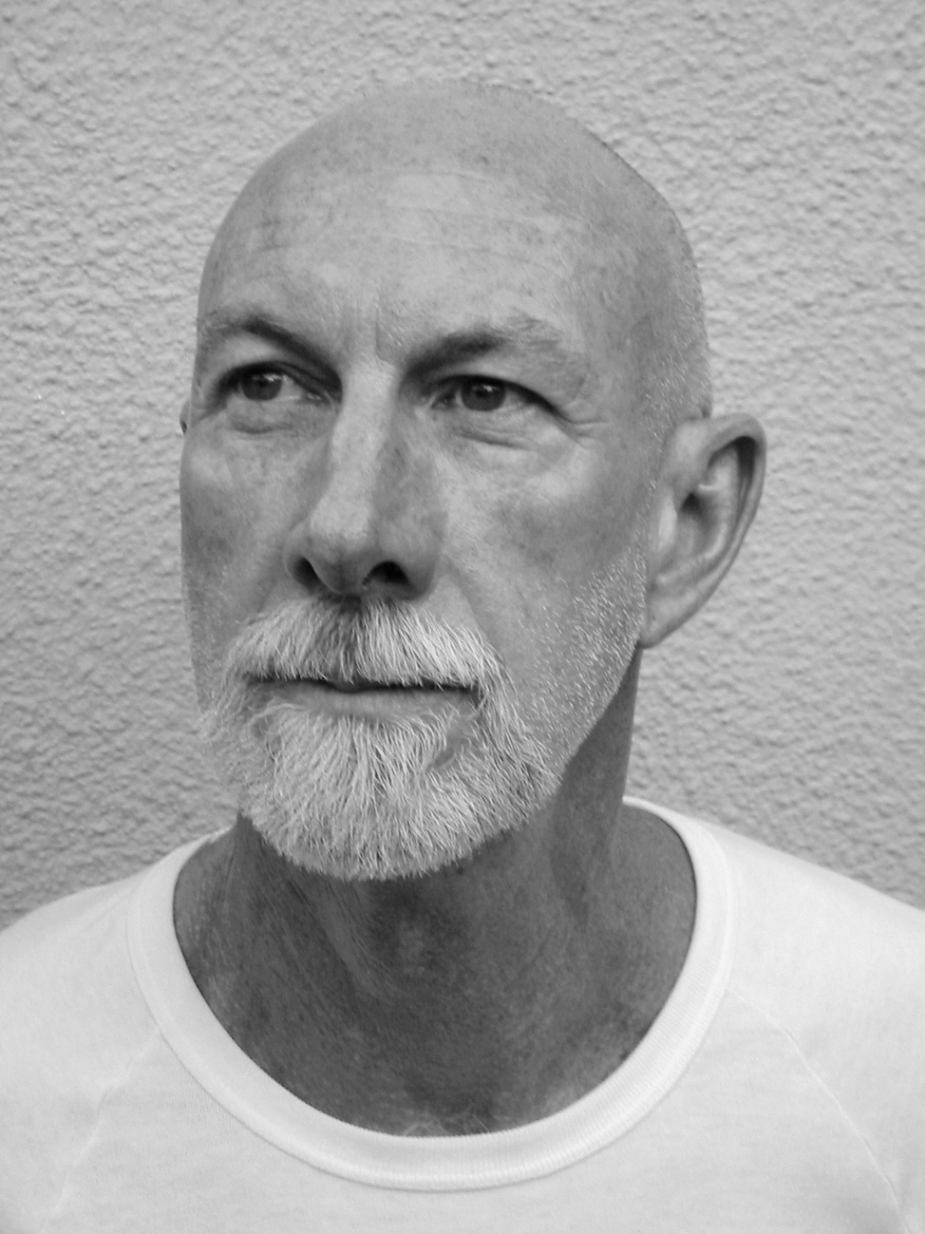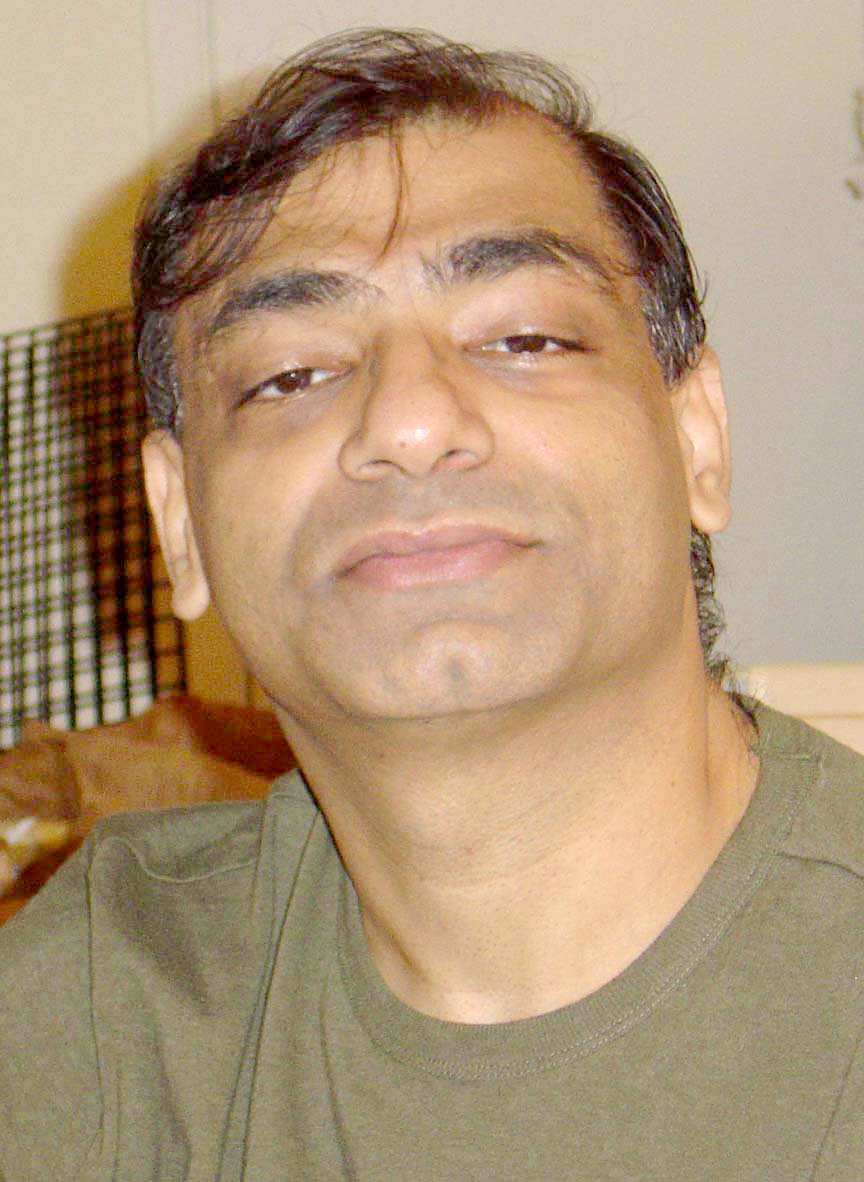Sudeep Sen
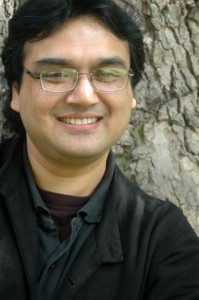 Sudeep Sen read English Literature at the University of Delhi & as an Inlaks Scholar received an MS from the Journalism School at Columbia University (New York). His awards, fellowships & residencies include: Hawthornden Fellowship, Pushcart Prize nomination , BreadLoaf, Pleiades, nlpvf Dutch Foundation for Literature, Ledig House, Wolfsberg UBS Pro Helvetia (Switzerland), Sanskriti (New Delhi), and Tyrone Guthrie Centre (Ireland). He was international writer-in-residence at the Scottish Poetry Library (Edinburgh) & visiting scholar at Harvard University. Sen’s dozen books include: Postmarked India: New & Selected Poems (HarperCollins), Distracted Geographies, Rain, Aria (A K Ramanujan Translation Award), Letters of Glass, and Blue Nude: Poems & Translations 1977-2012 (Jorge Zalamea International Poetry Award) is forthcoming. He has also edited several important anthologies, including: The HarperCollins Book of English Poetry by Indians, The Literary Review Indian Poetry, World Literature Today Writing from Modern India, Midnight’s Grandchildren: Post-Independence English Poetry from India, and others. His poems, translated into over twenty-five languages, have featured in international anthologies by Penguin, HarperCollins, Bloomsbury, Routledge, Norton, Knopf, Everyman, Random House, Macmillan, and Granta. His poetry and literary prose have appeared in the Times Literary Supplement, Newsweek, Guardian, Observer, Independent, Financial Times, London Magazine, Literary Review, Harvard Review, Telegraph, Hindu, Outlook, India Today, and broadcast on bbc, cnn-ibn, ndtv & air. Sen’s recent work appears in New Writing 15 (Granta) and Language for a New Century (Norton). He is the editorial director of Aark Arts and editor of Atlas [www.atlasaarkarts.net].
Sudeep Sen read English Literature at the University of Delhi & as an Inlaks Scholar received an MS from the Journalism School at Columbia University (New York). His awards, fellowships & residencies include: Hawthornden Fellowship, Pushcart Prize nomination , BreadLoaf, Pleiades, nlpvf Dutch Foundation for Literature, Ledig House, Wolfsberg UBS Pro Helvetia (Switzerland), Sanskriti (New Delhi), and Tyrone Guthrie Centre (Ireland). He was international writer-in-residence at the Scottish Poetry Library (Edinburgh) & visiting scholar at Harvard University. Sen’s dozen books include: Postmarked India: New & Selected Poems (HarperCollins), Distracted Geographies, Rain, Aria (A K Ramanujan Translation Award), Letters of Glass, and Blue Nude: Poems & Translations 1977-2012 (Jorge Zalamea International Poetry Award) is forthcoming. He has also edited several important anthologies, including: The HarperCollins Book of English Poetry by Indians, The Literary Review Indian Poetry, World Literature Today Writing from Modern India, Midnight’s Grandchildren: Post-Independence English Poetry from India, and others. His poems, translated into over twenty-five languages, have featured in international anthologies by Penguin, HarperCollins, Bloomsbury, Routledge, Norton, Knopf, Everyman, Random House, Macmillan, and Granta. His poetry and literary prose have appeared in the Times Literary Supplement, Newsweek, Guardian, Observer, Independent, Financial Times, London Magazine, Literary Review, Harvard Review, Telegraph, Hindu, Outlook, India Today, and broadcast on bbc, cnn-ibn, ndtv & air. Sen’s recent work appears in New Writing 15 (Granta) and Language for a New Century (Norton). He is the editorial director of Aark Arts and editor of Atlas [www.atlasaarkarts.net].
Kargil
Ten years on, I came searching for
war signs of the past
expecting remnants—magazine debris,
unexploded shells,
shrapnel
that mark bomb wounds.
I came looking for
ghosts—
people past, skeletons charred,
abandoned
brick-wood-cement
that once housed them.
I could only find whispers—
whispers among the clamour
of a small town outpost
in full throttle—
everyday chores
sketching outward signs
of normality and life.
In that bustle
I spot war-lines of a decade ago—
though the storylines
are kept buried, wrapped
in old newsprint.
There is order amid uneasiness—
the muezzin’s cry,
the monk’s chant—
baritones
merging in their separateness.
At the bus station
black coughs of exhaust
smoke-screens everything.
The roads meet
and after the crossroad ritual
diverge,
skating along the undotted lines
of control.
A porous garland
with cracked beads
adorns Tiger Hill.
Beyond the mountains
are dark memories,
and beyond them
no one knows,
and beyond them
no one wants to know.
Even the flight of birds
that wing over their crests
don’t know which feathers to down.
Chameleon-like
they fly, tracing perfect parabolas.
I look up
and calculate their exact arc
and find instead, a flawed theorem.
Zoji La Pass
at 12,000 feet
slopes steeply. Hard snow
cut into two
by winding tarmac—
a severe cold-slice
freezing to a stand-still.
A car shrinks
through this open-air tunnel—
ice walls on either side—
a geometric strait
resisting
the warmth of diesel’s grey metal.
Two yaks on the lower slopes
look up for colour
in this blinding white.
Their horns storing clues,
anticipating
the mood
of changing temperatures.
In this rarefied air
lungs shrink—
breathtaking breathlessness—
clarified oxygen is sparse here—
high-tone octane echo in the stark terrain.
Yuki
for Bina
In Japanese, Yuki is snow—
unmelted and poised.
She sits askance
in front of a wine-tinged door
whose paint flakes
to expose its wood-raw skin—
pale, seemingly snow-flecked.
Her hair rambles all over
her face, eyes, and neck,
as she stares shyly—
sideways into the distance.
There are secrets locked,
bolted securely
in a shut non-descript studio
in Mumbai,
tucked away somewhere
in Prabha Devi—
as the industrial estate
temporarily quietens
at the allusive
thought of snow herself.
Fantasy instils in
factory-workers, passion—
just as for me—
peeling curls of paint,
a circular chromium lock,
a rusted dis-used bolt,
and breeze that affects
a woman’s hair and lashes,
inspires visions
of snow—
thaw, compassion, desire.
[inspired by a photo by Rafeeq Ellias]
Mediterranean
1
A bright red boat
Yellow capsicums
Blue fishing nets
Ochre fort walls
2
Sahar’s silk blouse
gold and sheer
Her dark black
kohl-lined lashes
3
A street child’s
brown fists
holding the rainbow
in his small grasp
4
My lost memory
white and frozen
now melts colour
ready to refract
Choice
drawing a breath between each
sentence, trailing closely every word.
— James Hoch, ‘Draft’ in Miscreants
1.
some things, I knew,
were beyond choosing:
didu—grandmother—wilting
under cancer’s terminus care.
mama’s mysterious disappearance—
ventilator vibrating, severed
silently, in the hospital’s unkempt dark.
an old friend’s biting silence—unexplained—
promised loyalties melting for profit
abandoning long familial presences of trust.
devi’s jealous heart misreading emails
hacked carefully under cover,
her fingernails ripping
unformed poems, bloodied, scarred—
my diary pages weeping wordlessly—
my children aborted, breathless forever.
2.
these are acts that enact themselves, regardless—
helpless, as i am,
torn asunder permanently, drugged, numbed.
strange love, this is— a salving:
what medics and nurses do.
i live buddha-like, unblinking, a painted vacant smile—
one that stores pain and painlessness—
someone else’s nirvana thrust upon me.
some things I once believed in
are beyond my choosing—
choosing is a choice unavailable to me.
Matrix
for psc
Birds fly across the pale blue sky
cross-stitching a matrix in Pali—
a tongue now beautifully classical
like temple-toned Bharatanatyam.
Dialogues in the other garden
happen not just in springtime. Yet
you stare askance talking poetry
in silence, an angularity of stance
like a shot in a film-noir narrative
yet to be edited down to a whole.
What is a whole? Is it not a sum
of distilled parts, parts one chooses
to expose carefully like raw stock—
controlling patterns in the red light
of dark, a dark that dutifully dissolves.
There emerges at the end,
nests for imaginative flights to rest,
to weave our own stories braving
winds, currents, and the elements
of disguise. Fireflies in the grove
do not belong to numbered generation—
they only light up because line-breaks
like varnam keep purity alive—
enigmatic, disciplined, spontaneous.
Let the birds fly tracing angular paths,
let the dancer dance unbridled,
let the poet write unrestrained—
natural as breathing itself.
Matrix woven can be unwoven—
enjambments like invisible pauses
weave us back into algebraic patterns
that only heart and imagination can.
She walks porcupines—as you do—and
listens to the sound of the sea in a conch.
Grammar
she has no english;
her lips round / in a moan ….
calligraphy of veins ….
— Merlinda Bobis, ‘first night’
My syntax, tightly-wrought—
I struggle to let go,
to let go of its formality,
of my wishbone
desiring juice — its deep marrow,
muscle, and skin.
The sentence finally pronounced —
I am greedy for long drawn-
out vowels, for consonants that
desire lust, tissue, grey-cells.
I am hungry for love,
for pleasure, for flight,
for a story essaying endlessly—words.
A comma decides to pr[e]oposition
a full-stop … ellipses pause, to reflect—
a phrase decides not to reveal
her thoughts after all—ellipses and
semi-colons are strange bed-fellows.
Calligraphy of veins and words
require ink, the ink of breath,
of blood—corpuscles speeding
faster than the loop of serifs …
the unresolved story of our lives
in a fast train without terminals.
I long only for italicised ellipses …
my english is the other, the other
is really english — she has no english;
her lips round / in a moan ….
her narrative grammar-drenched,
silent, rich, etched letters of glass.
Eating Guavas Outside Taj Mahal
The heavy drunken aroma
of fresh guavas
is too sweet for me to bear.
Instead, I drink its nectar
not as liquid-pulp
but as raw unsmooth fruit.
I bite its light-green rough skin
the way I used to
approach a sugarcane stalk
as a child
crunching every fibre
to extract their juice.
There are memories—
memories attached to food
and their consumption.
There are memories
about the rituals of intake—
how certain foods
are allowed or disallowed
depending on God’s stance
and their place
in the lofty hierarchies
they create.
How misplaced these stations
are—God, Emperor, Man
all mistaken—proud errors
of selfhood, status, and ego.
Even under prayer’s veil,
there is something about
eating guavas with unwashed
hands, tasting its taste before
masala, lemon and rock-salt
turn them into sprightly salad—
seed’s bone-crack intentions
slip, cloaked—
buried before they fruit.
Banyan
As winter secrets
melt
with the purple
sun,
what is revealed
is electric—
notes tune
unknown scales,
syntax alters
tongues,
terracotta melts
white,
banyan ribbons
into armatures
as branch-roots
twist, meeting
soil in a circle.
Circuits
glazed
under cloth
carry
alphabets
for a calligrapher’s
nib
italicised
in invisible ink,
letters never
posted,
cartographer’s
map, uncharted—
as phrases fold
so do veils

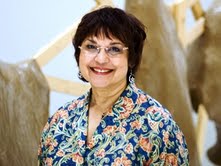

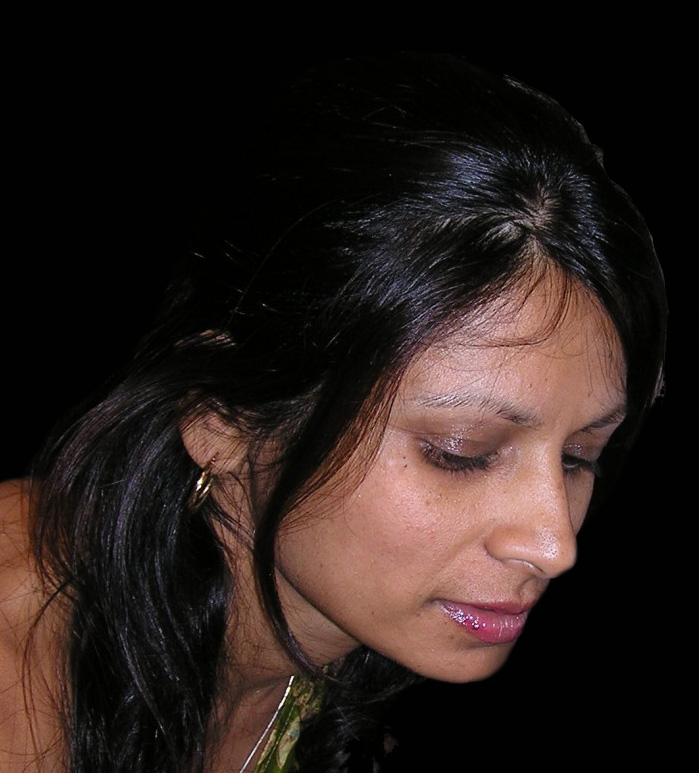
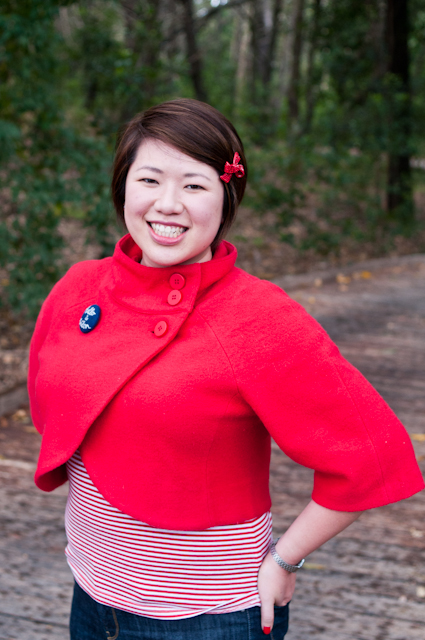
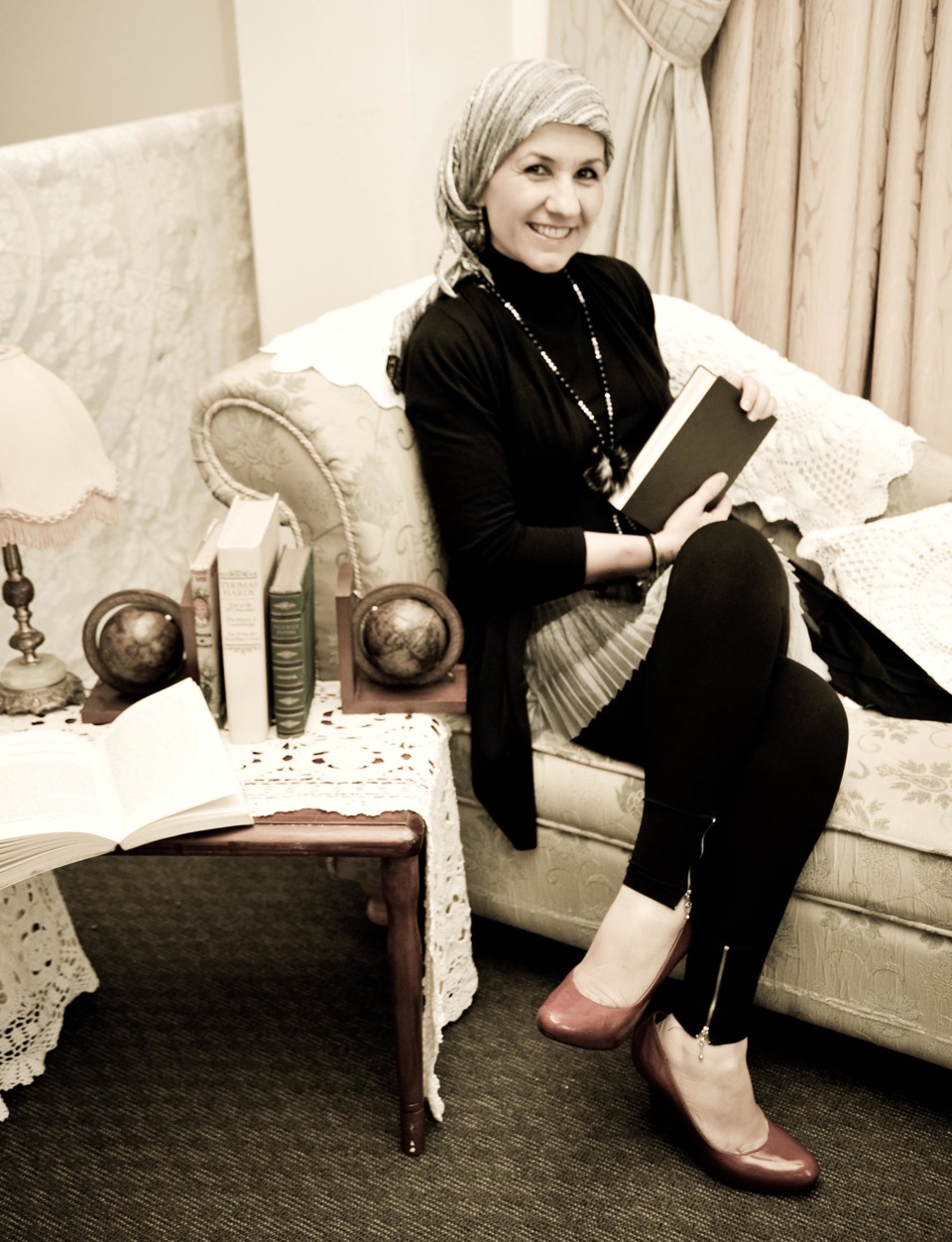

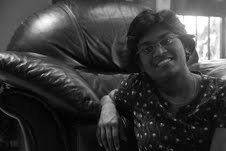



 Alan Gould has published twenty books, comprising novels, collections of poetry and a volume of essays. His most recent novel is The Lakewoman which is presently on the shortlist for the Prime Minister’s Fiction Award, and his most recent volume of poetry is Folk Tunes from Salt Publishing. ‘Works And Days’ comes from a picaresque novel entitled The Poets’ Stairwell, and has been recently completed.
Alan Gould has published twenty books, comprising novels, collections of poetry and a volume of essays. His most recent novel is The Lakewoman which is presently on the shortlist for the Prime Minister’s Fiction Award, and his most recent volume of poetry is Folk Tunes from Salt Publishing. ‘Works And Days’ comes from a picaresque novel entitled The Poets’ Stairwell, and has been recently completed. Maria Takolander’s poetry, fiction and essays have been widely published. She is the author of a book of poems, Ghostly Subjects(Salt, 2009), which was shortlisted for a Queensland Premier’s Literary Award in 2010. She is also the winner of the 2010 Australian Book Review Short Story Competition. She is a Senior Lecturer in Literary Studies and Creative Writing at Deakin University in Geelong.
Maria Takolander’s poetry, fiction and essays have been widely published. She is the author of a book of poems, Ghostly Subjects(Salt, 2009), which was shortlisted for a Queensland Premier’s Literary Award in 2010. She is also the winner of the 2010 Australian Book Review Short Story Competition. She is a Senior Lecturer in Literary Studies and Creative Writing at Deakin University in Geelong.

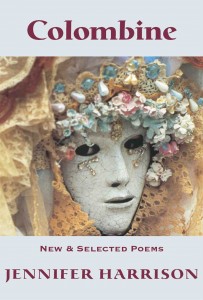


 Porch Music
Porch Music
 The Domestic Sublime
The Domestic Sublime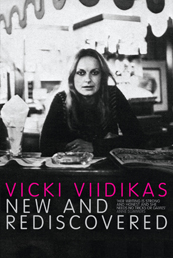 New and Rediscovered
New and Rediscovered
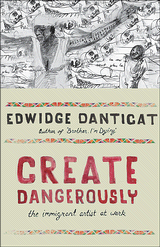 Create Dangerously: The Immigrant Artist At Work
Create Dangerously: The Immigrant Artist At Work The Mary Smokes Boys
The Mary Smokes Boys
.jpg)
